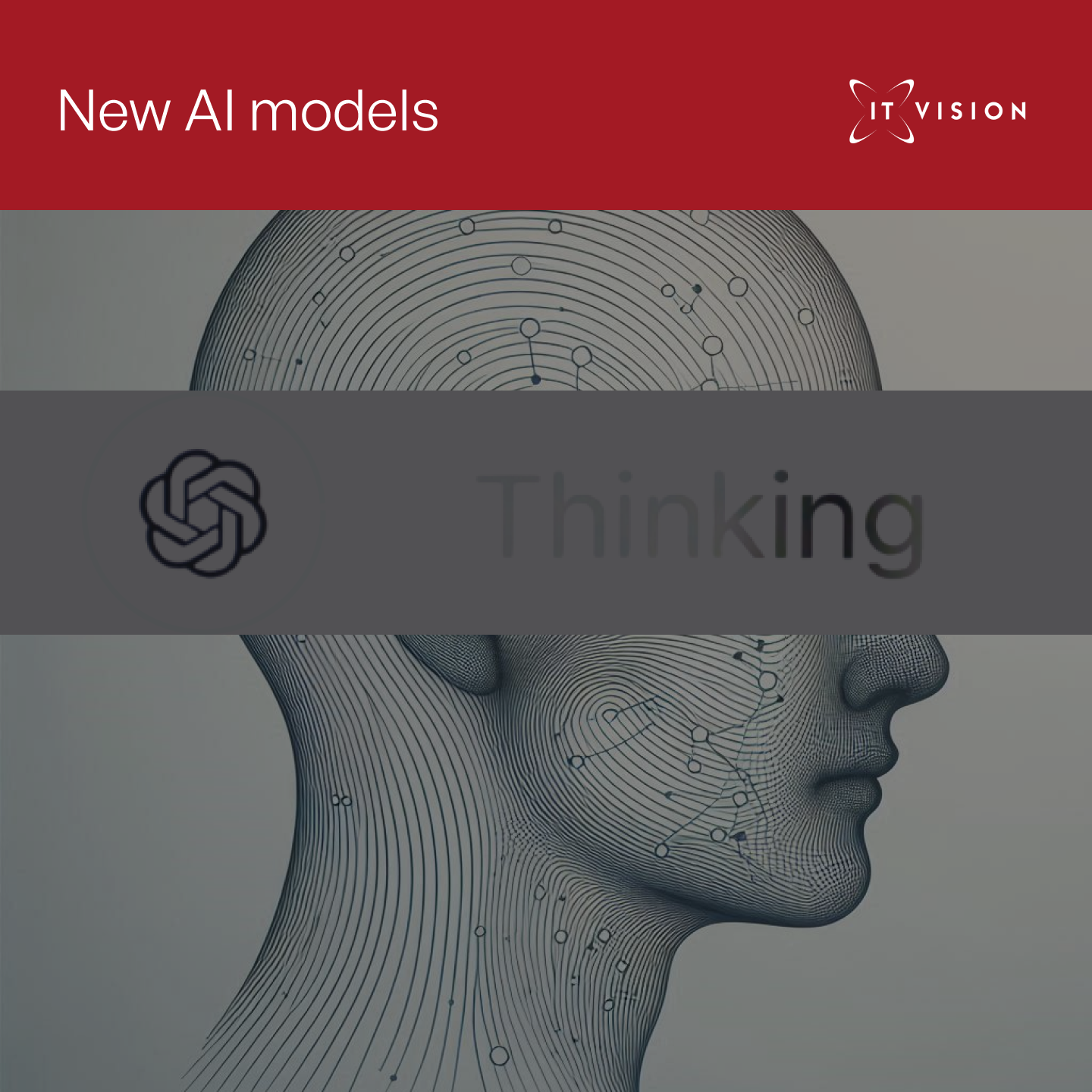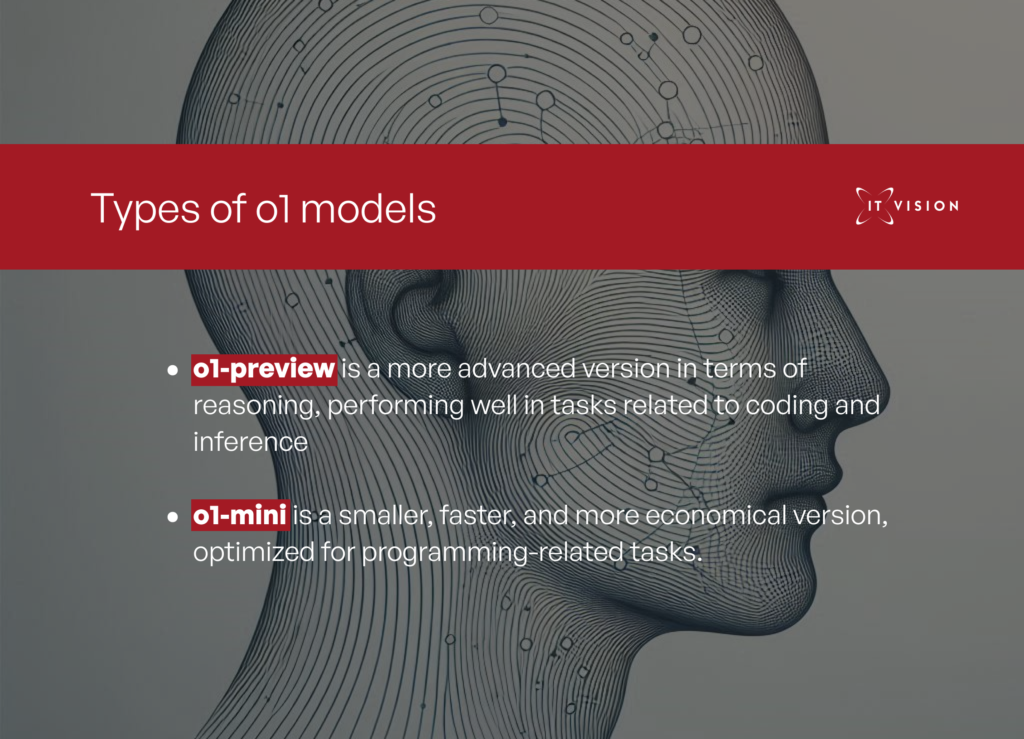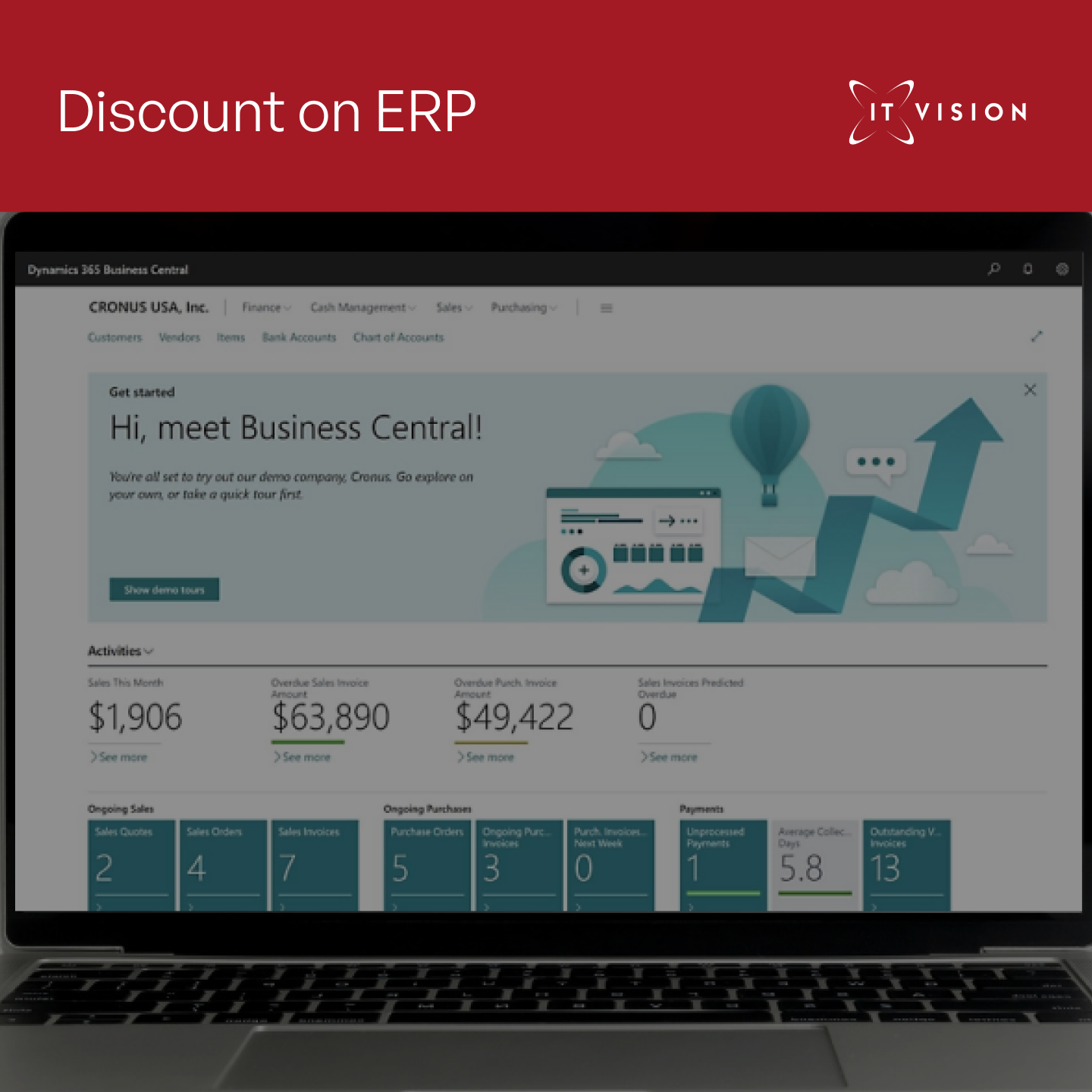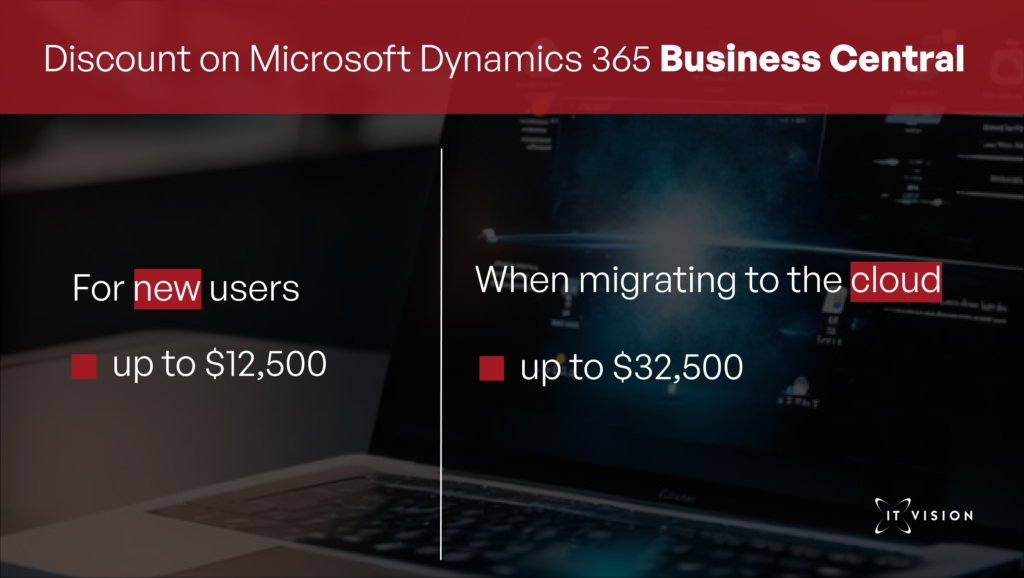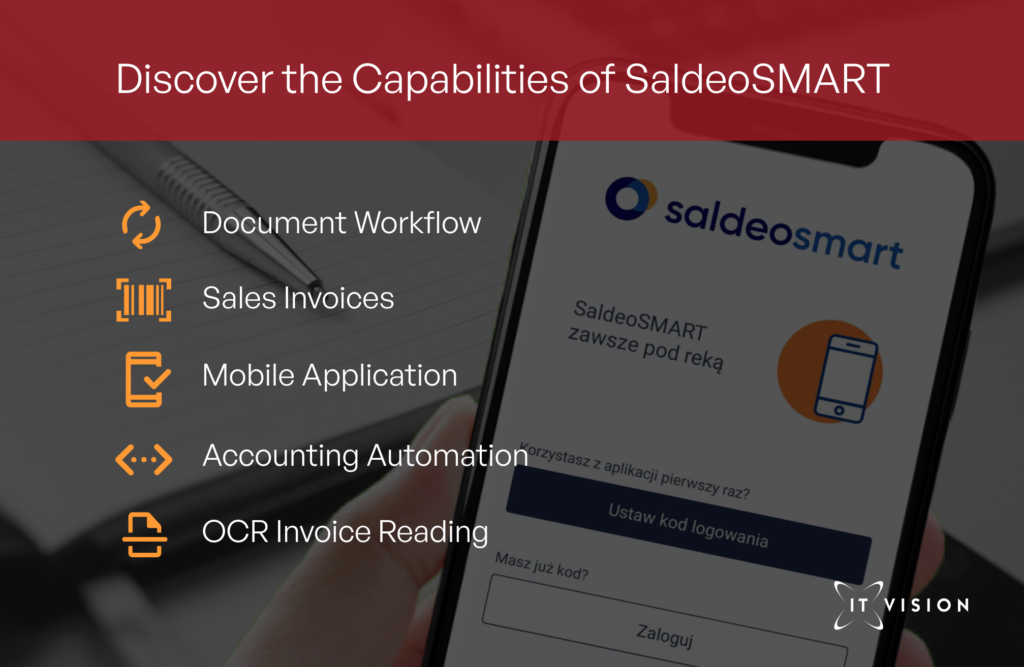New Microsoft Cloud Services
Microsoft has introduced new solutions aimed at ensuring digital sovereignty for European organizations using the public cloud, while also opening up new possibilities for deploying sovereign private environments.
The offering spans both public cloud and private digital infrastructure, giving customers the flexibility to choose the right balance of control, compliance, and performance. Key innovations include:
Data Guardian – enhancing the security of operations within Europe,
External Key Management – enabling full control over data encryption,
Regulated Environment Management – simplifying the setup of regulation-compliant environments, and
Microsoft 365 Local – supporting productivity in private cloud deployments.
Data Guardian
A public cloud solution that enhances the security of data stored and processed within Europe. Every remote access to systems must be approved and monitored in real time by EU-based personnel, with all operations logged in a secure ledger. The service also allows the use of customer-managed encryption keys, giving clients full control over data protection.
External Key Management
A solution that enables customers to manage encryption keys independently, outside the Microsoft infrastructure. Keys can be stored in on-premises HSM modules or with trusted partners, ensuring complete confidentiality and control.
Regulated Environment Management
A new management center that allows organizations to easily configure security and compliance policies, review access logs, and monitor environments operating within a sovereign cloud setup.
Microsoft 365 Local
A private cloud solution that brings familiar Microsoft 365 server applications to local Azure environments. It can run entirely within a customer’s own datacenter, offering full control over management, security, and regulatory compliance.
With these new services, Microsoft aims to give customers more choices, greater control over data privacy, and the highest level of digital resilience.
Satya Nadella stated:
“We’ve operated in Europe for more than 40 years and have always been — and will always be — a steadfast partner to Europe. With Microsoft Sovereign Cloud, we are committed to delivering the most comprehensive set of sovereignty solutions — spanning sovereign public cloud, sovereign private cloud, and national clouds operated by our European partners.”
Europe-Focused Digital Commitments
Microsoft Sovereign Cloud is part of the company’s broader commitment to Europe — providing a real alternative to centralized data governance models. The goal is to empower organizations to operate in line with local laws without giving up access to cutting-edge technologies like AI and low-code platforms.
Amid evolving geopolitical dynamics, Microsoft remains committed to ensuring digital stability. The company emphasizes its openness to ongoing dialogue with customers, regulators, and policymakers to build a trusted and resilient digital future for Europe.
Microsoft for Your Business
Microsoft continuously delivers new features and updates to its business products. If you’re looking for an ERP solution that combines modern technology with full compliance with European regulations, consider implementing a Microsoft ERP system.
Contact us — we’ll help you find the perfect solution tailored to your organization’s needs.
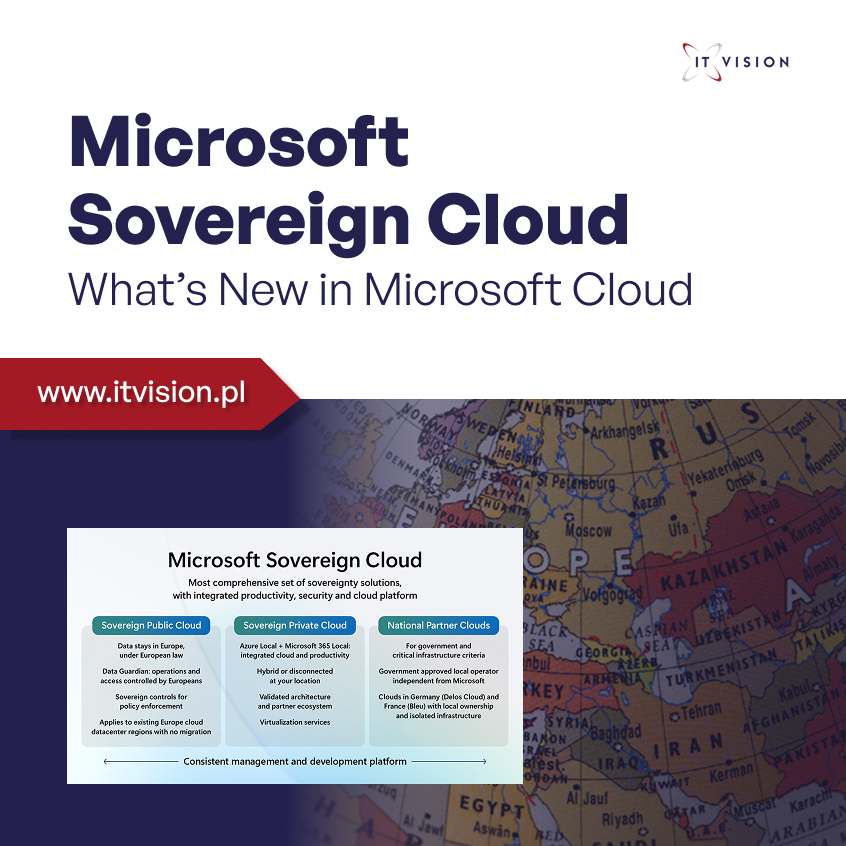
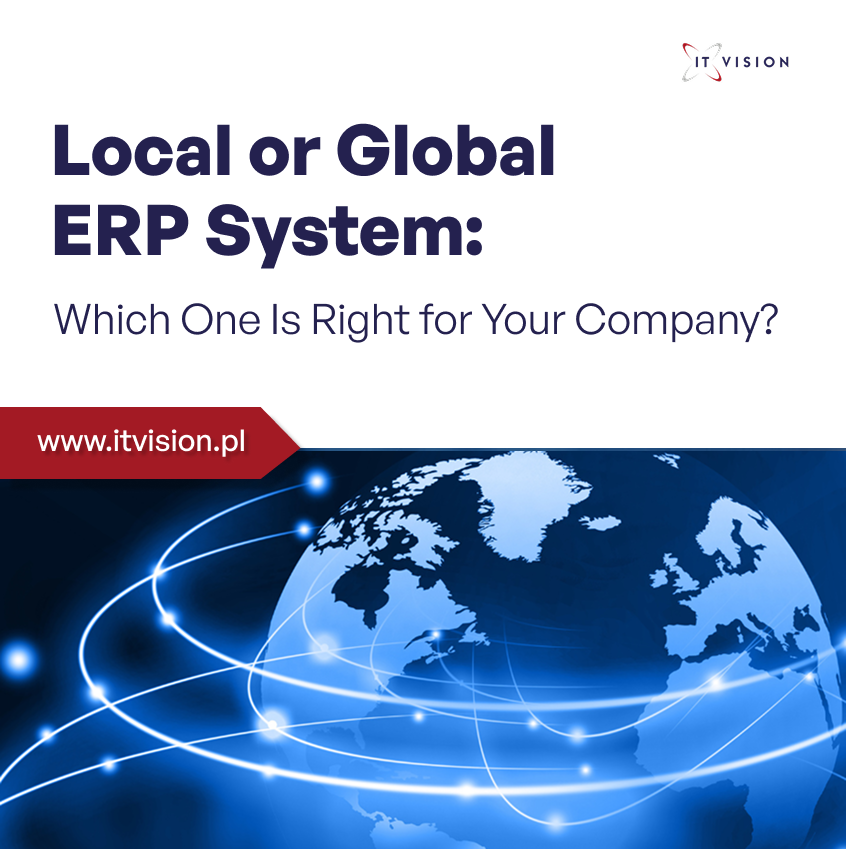


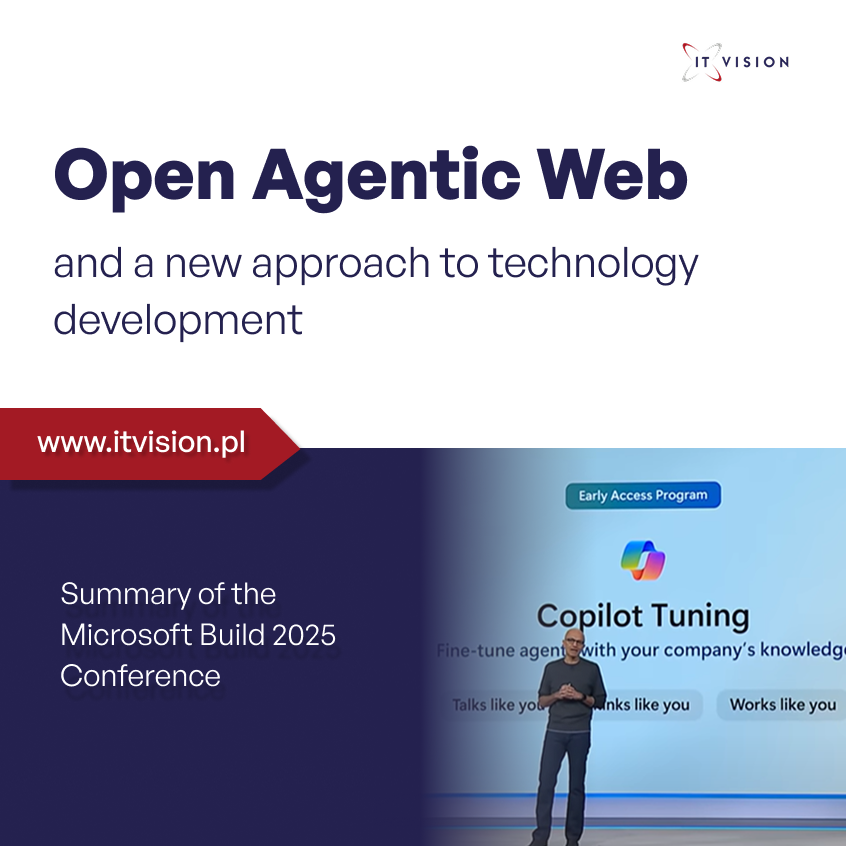
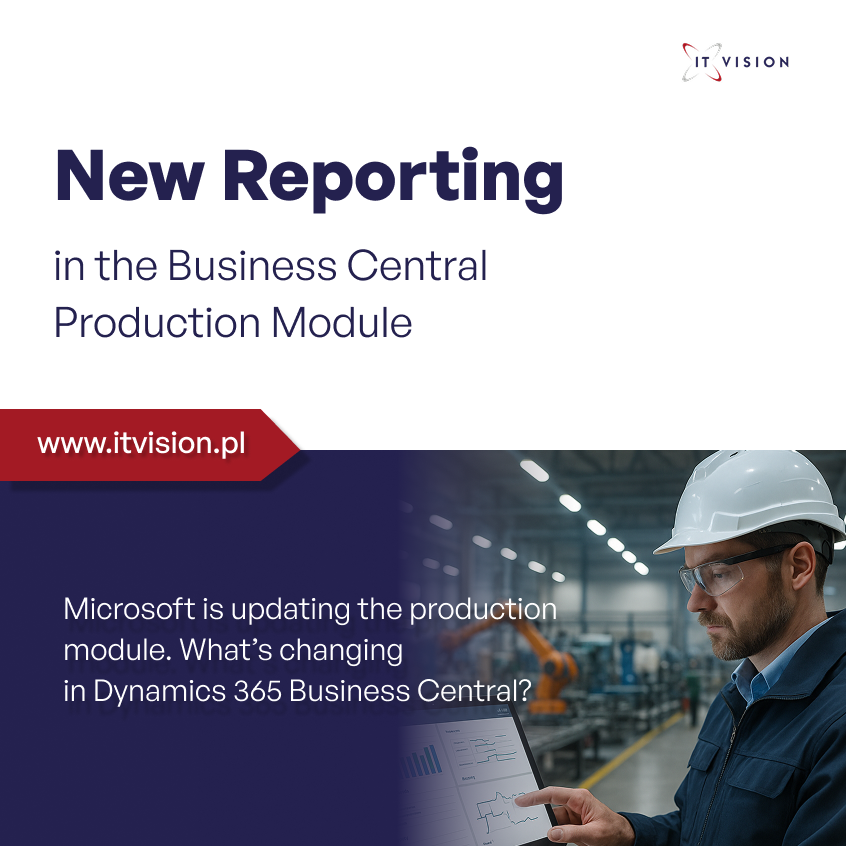
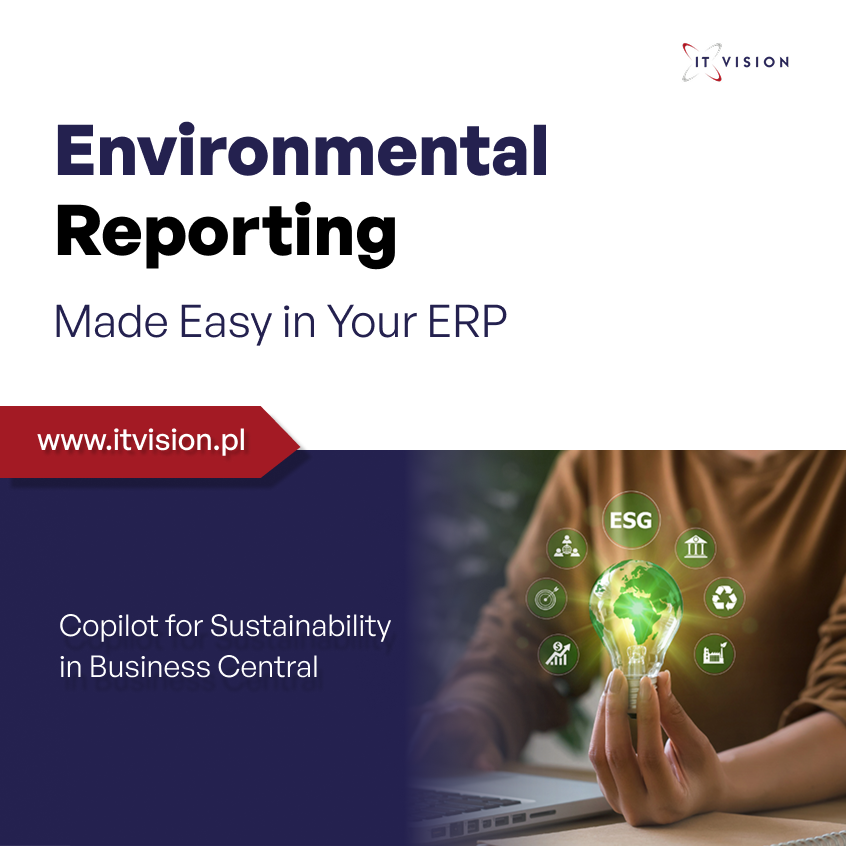
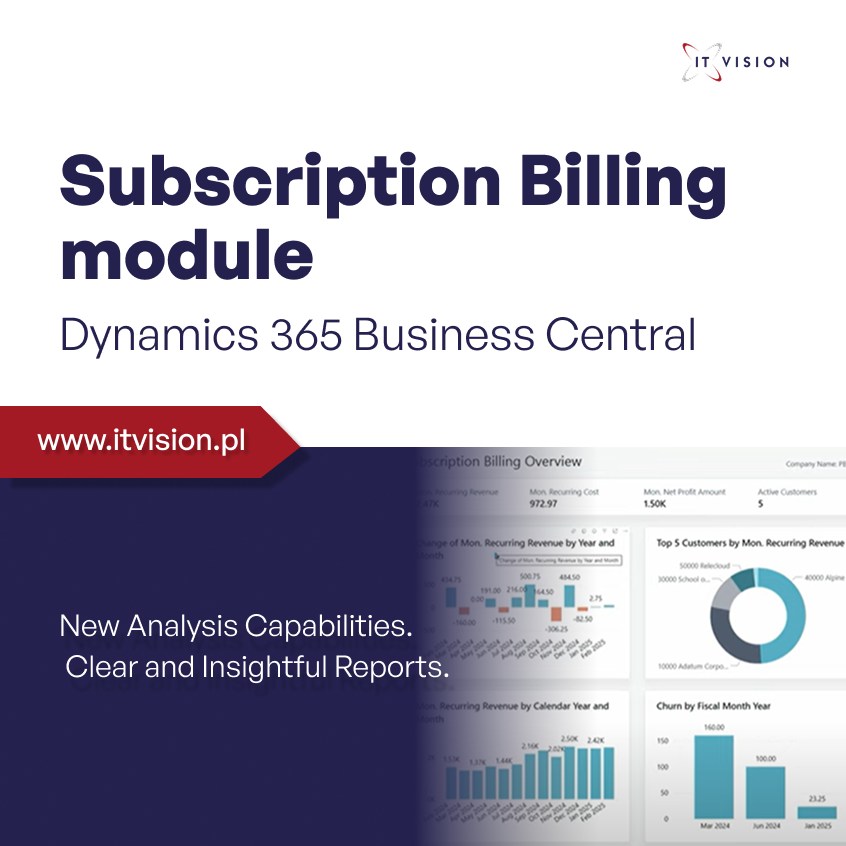
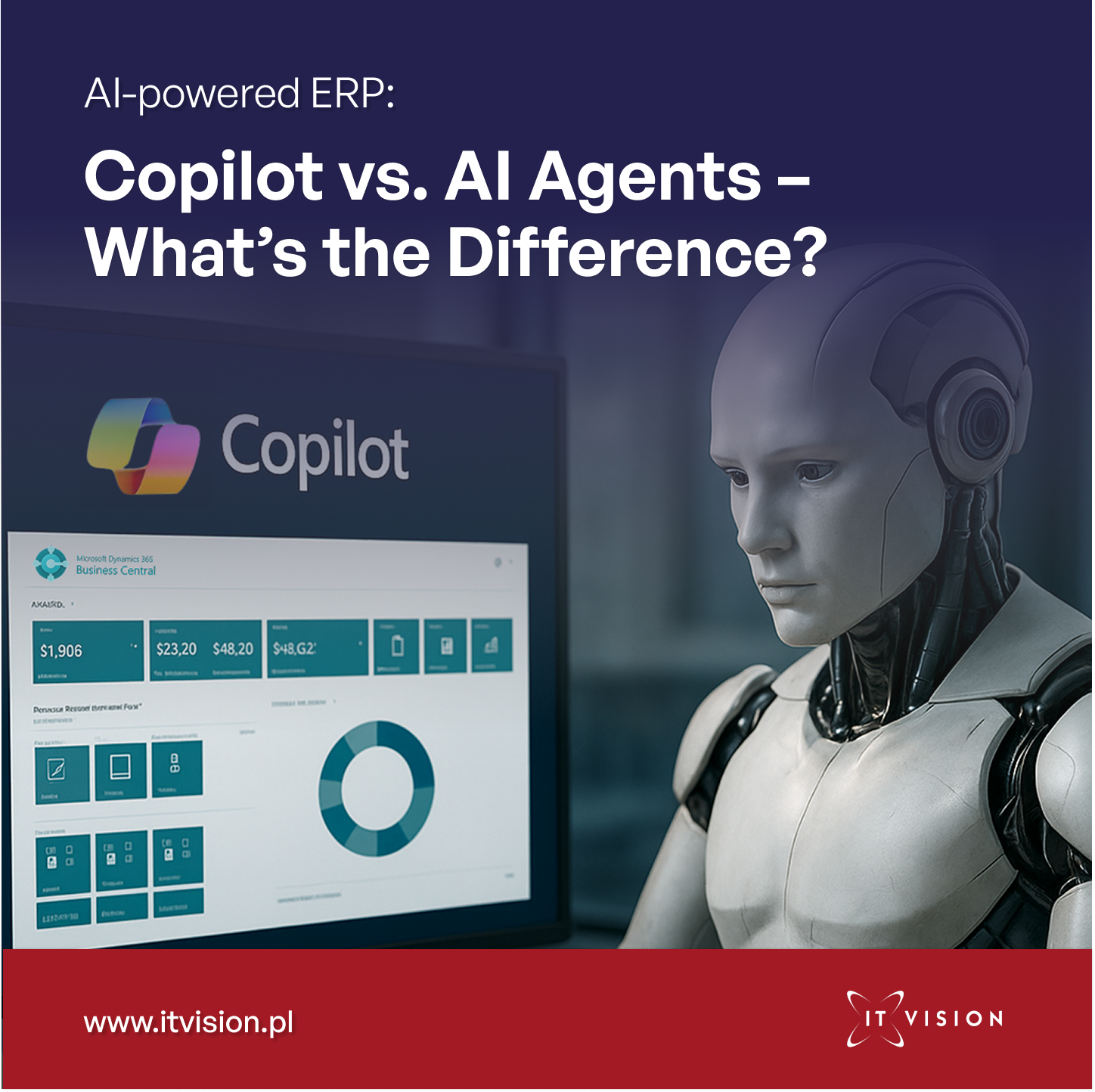
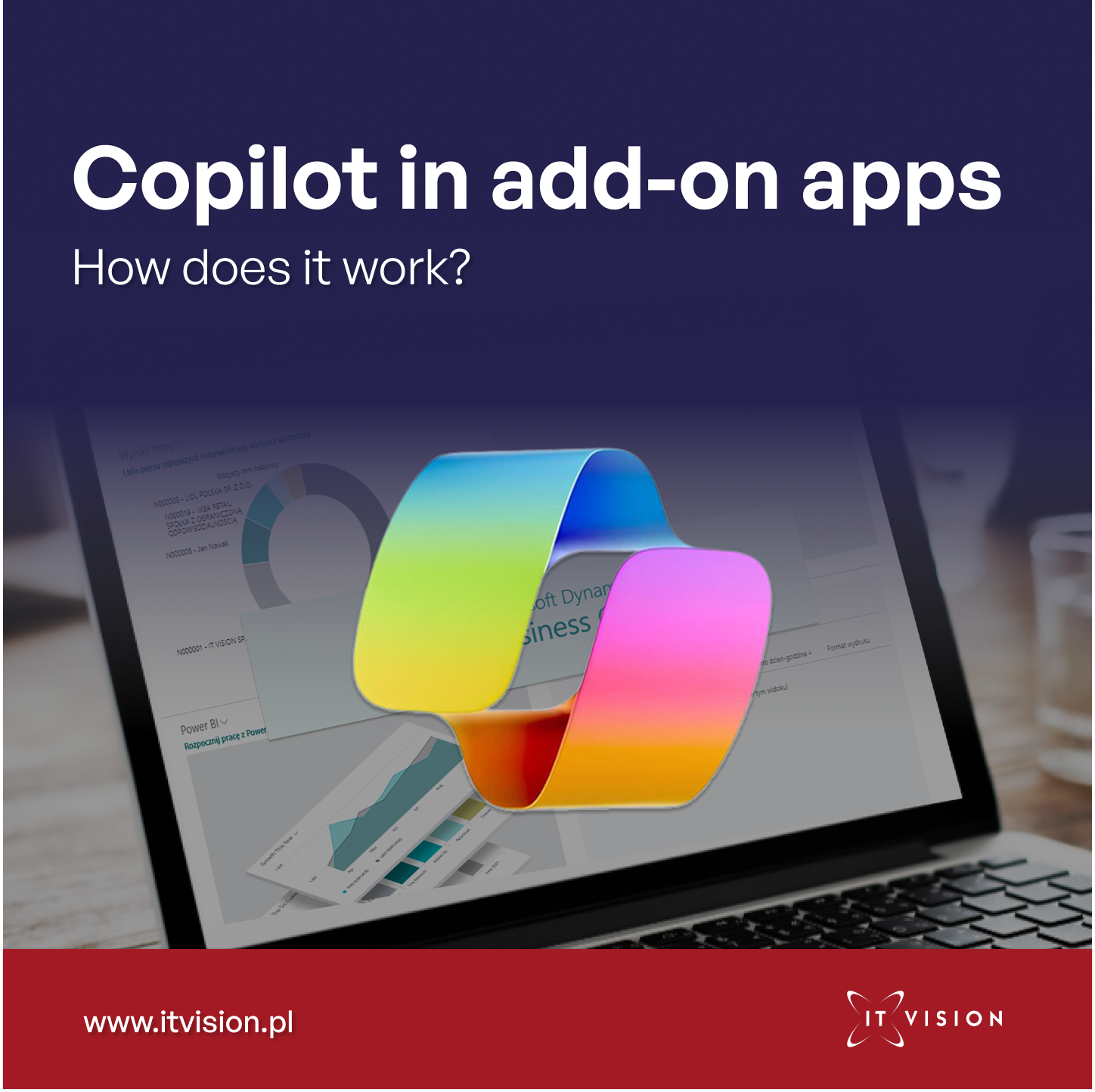
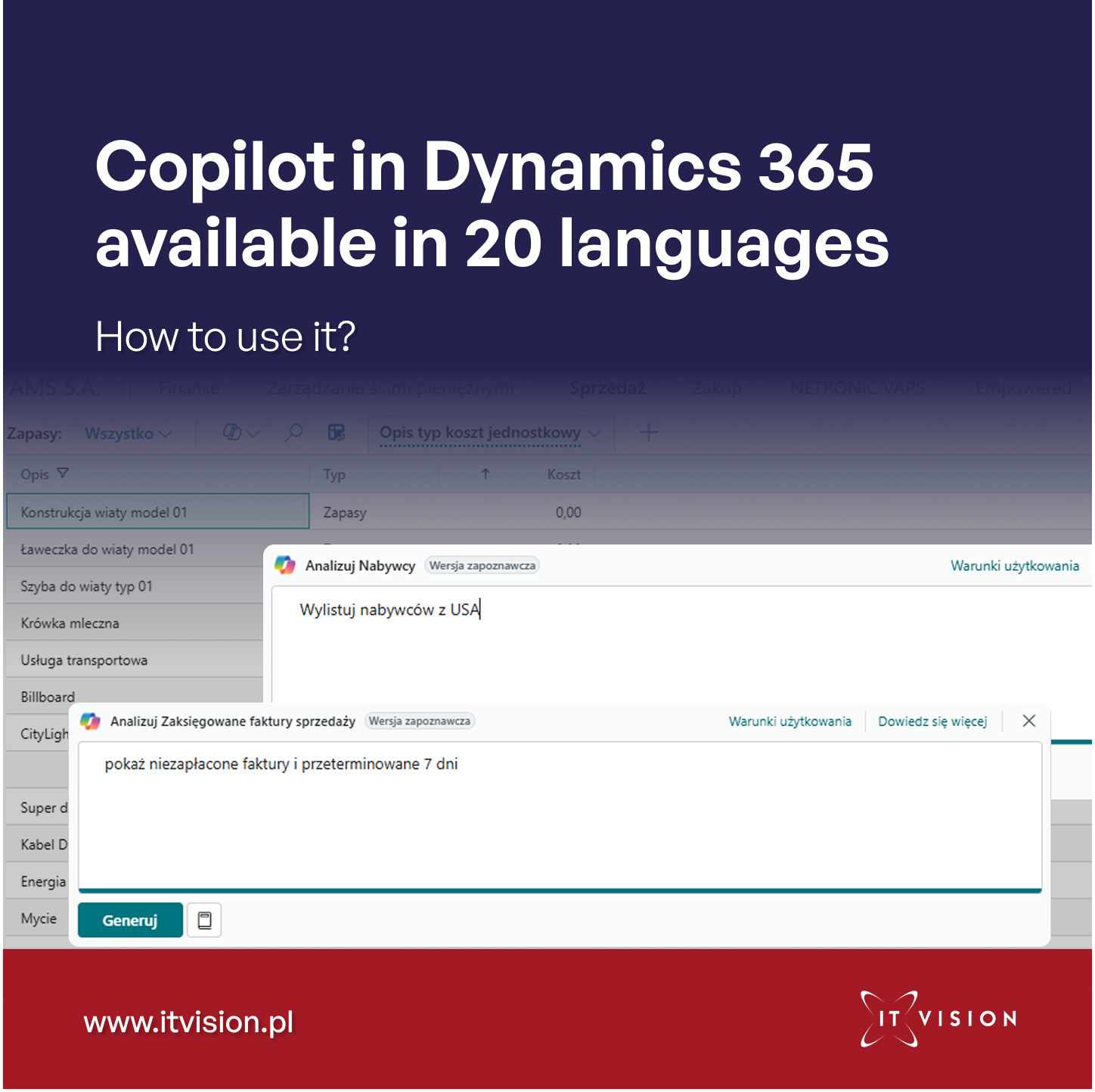




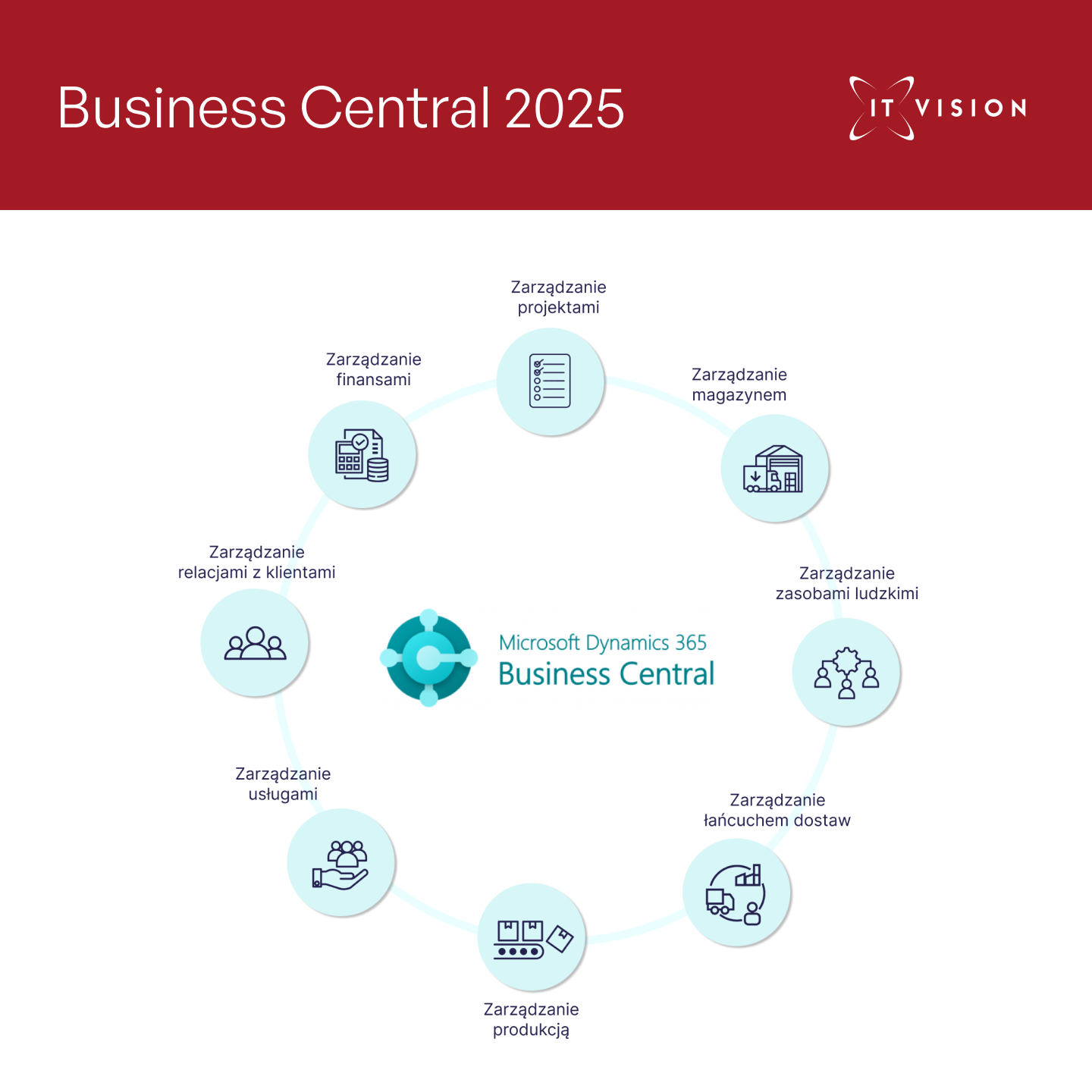
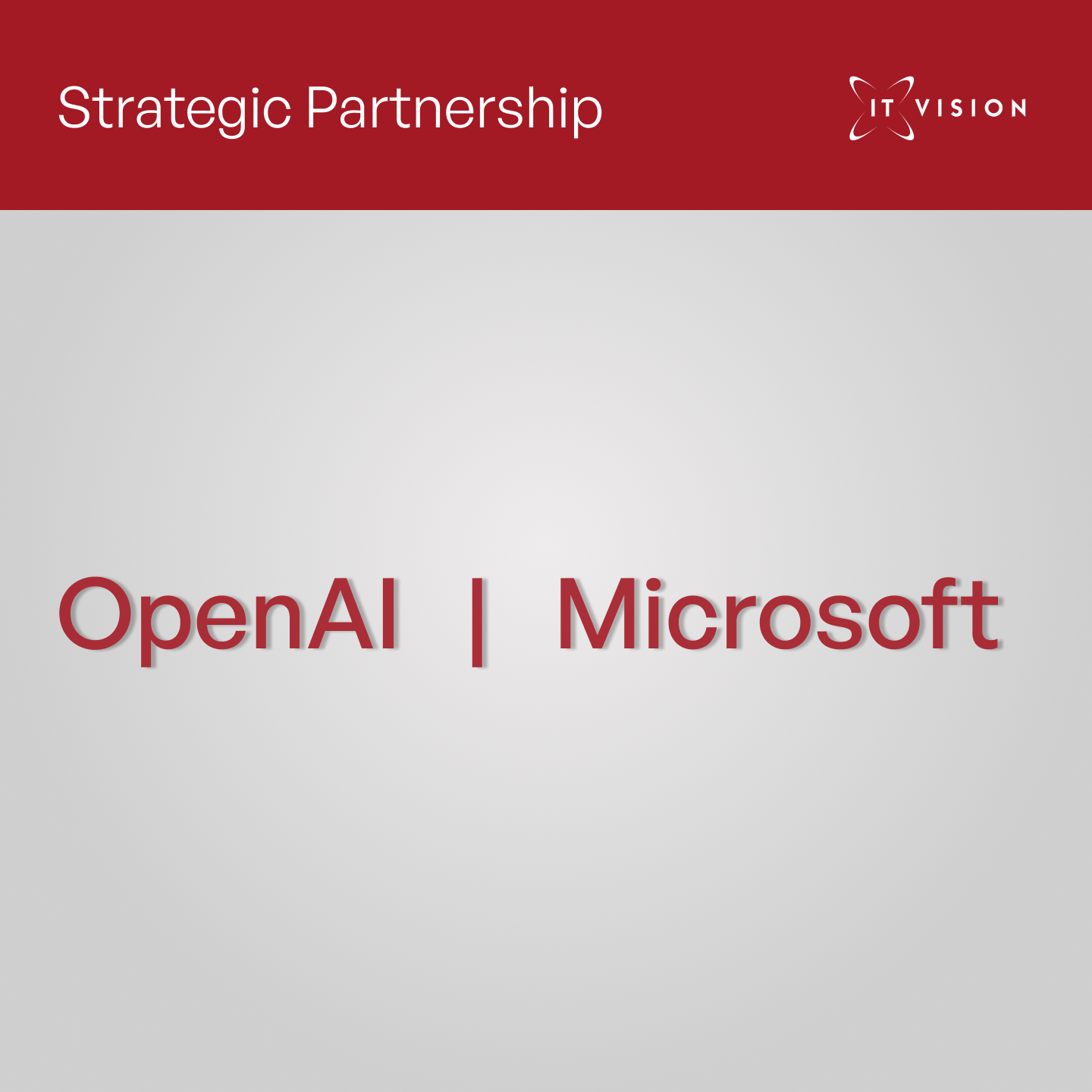







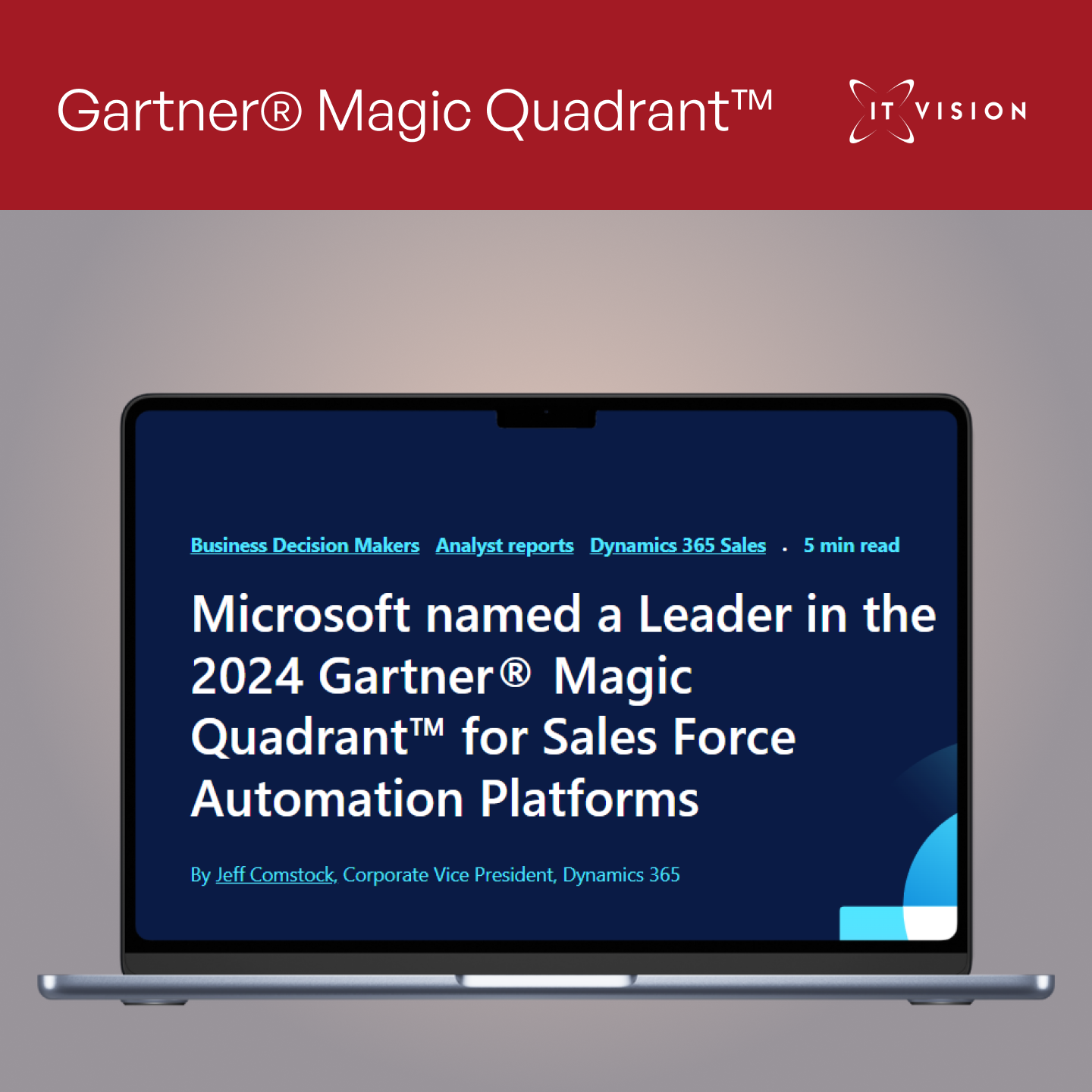
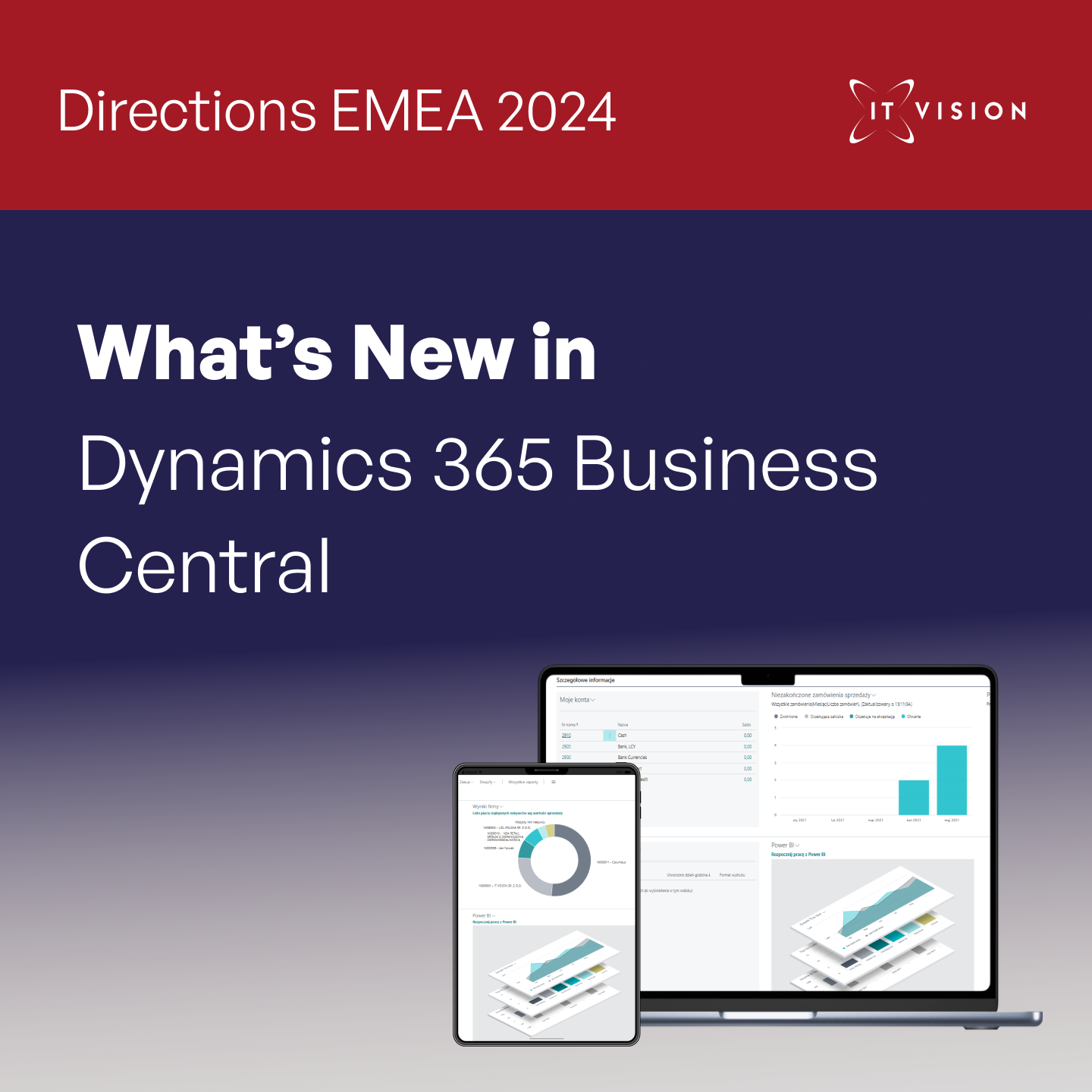
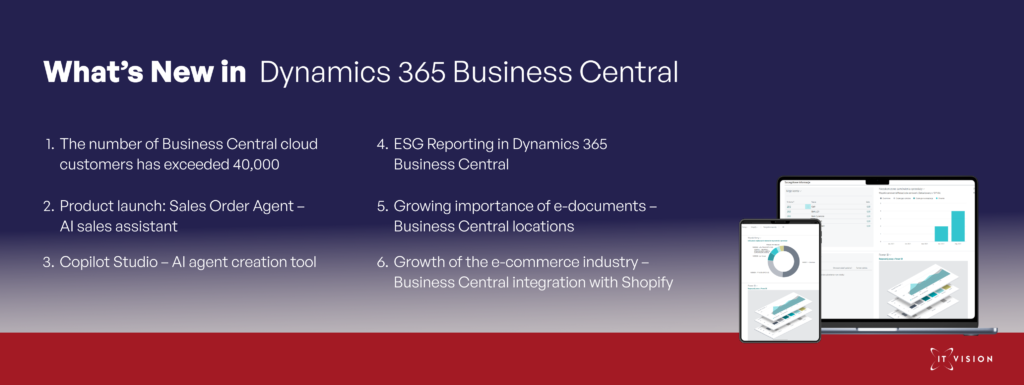


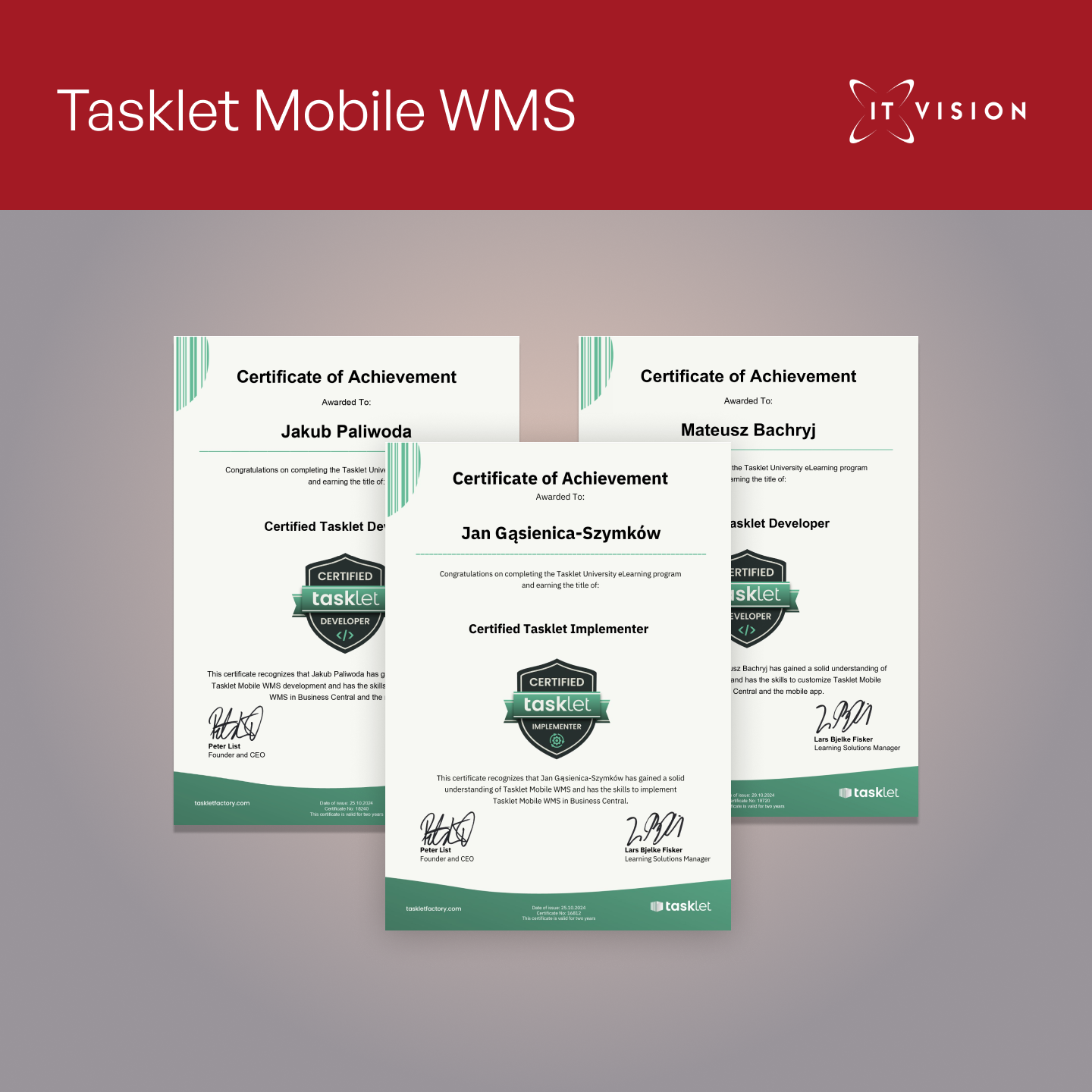
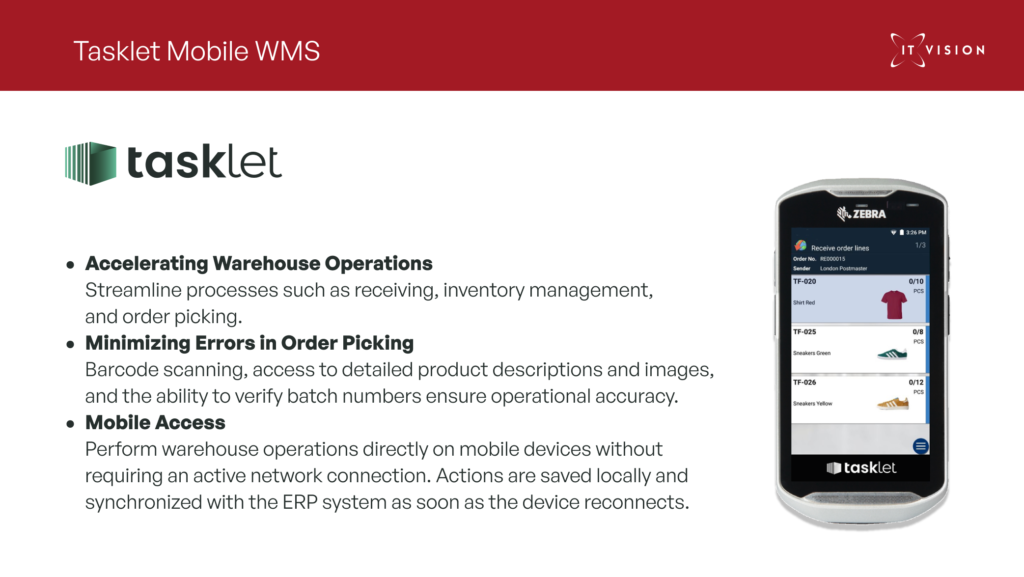

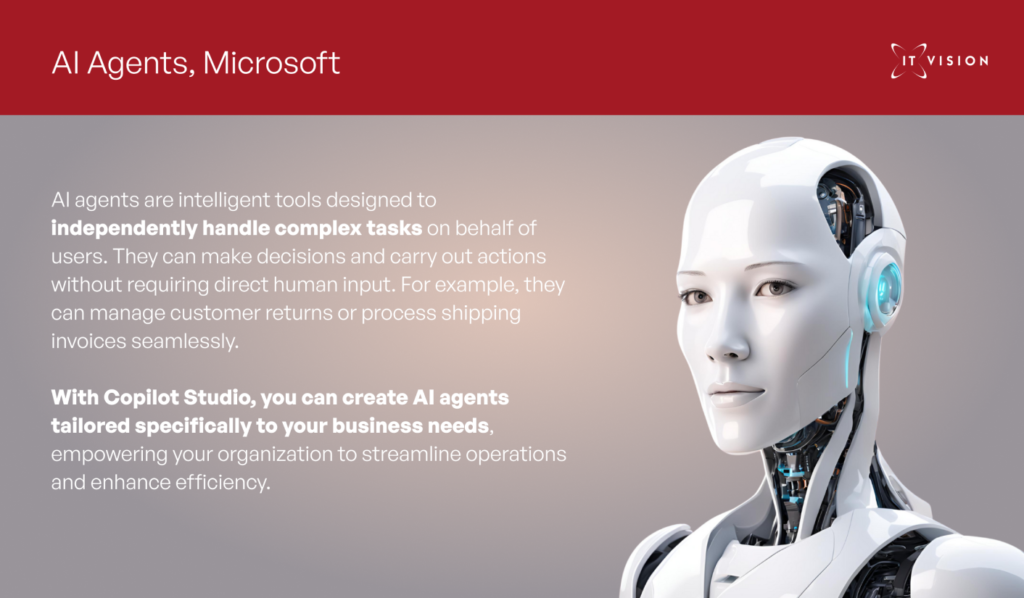
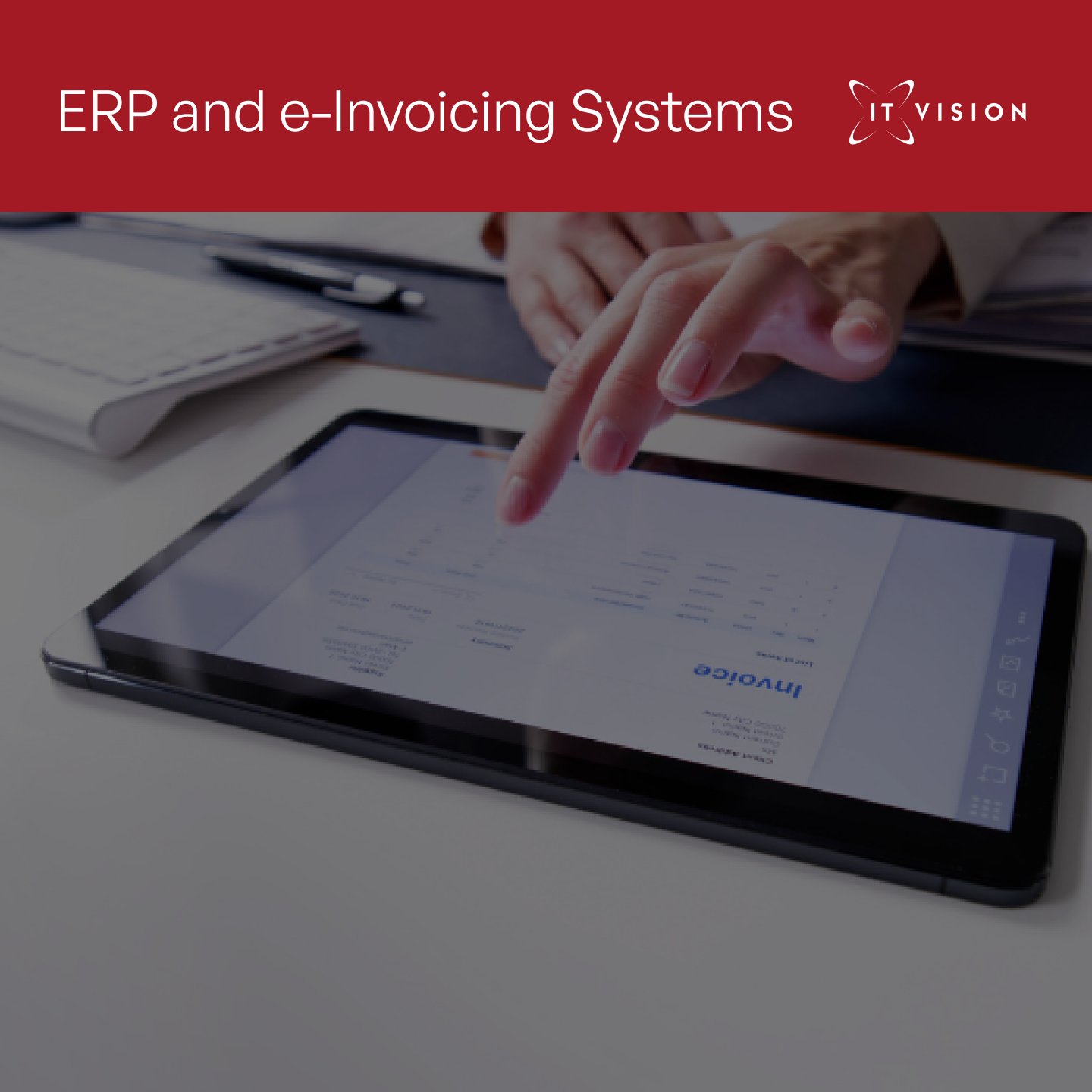
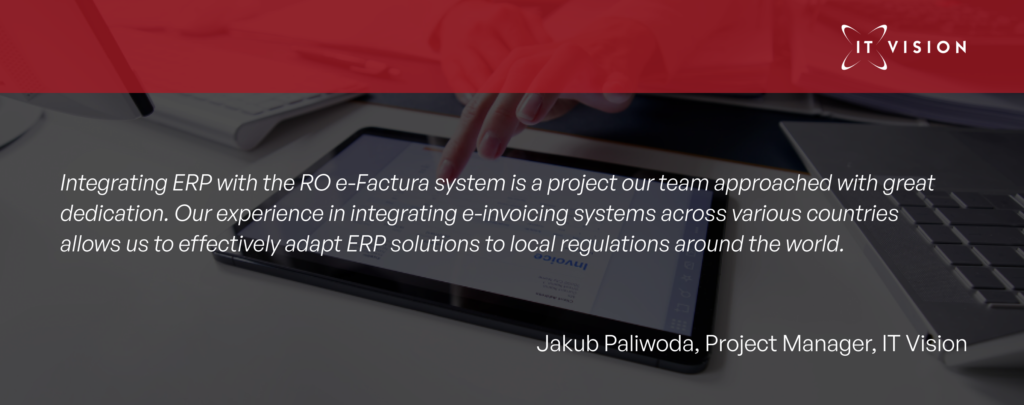

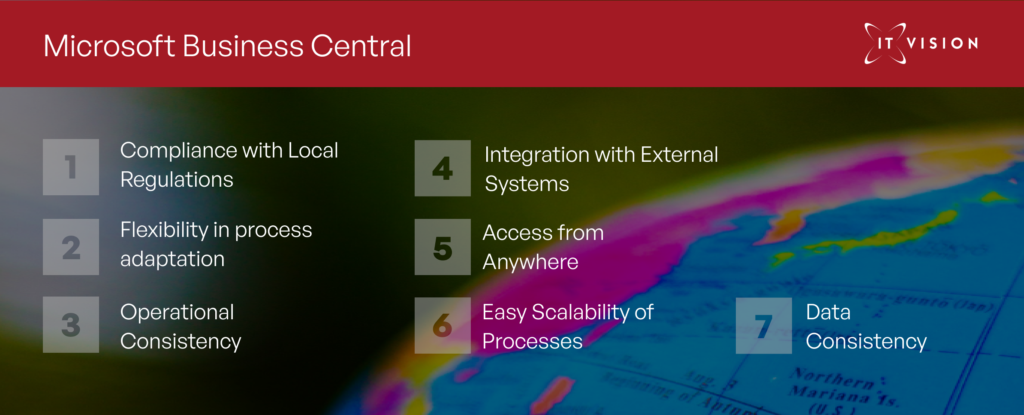
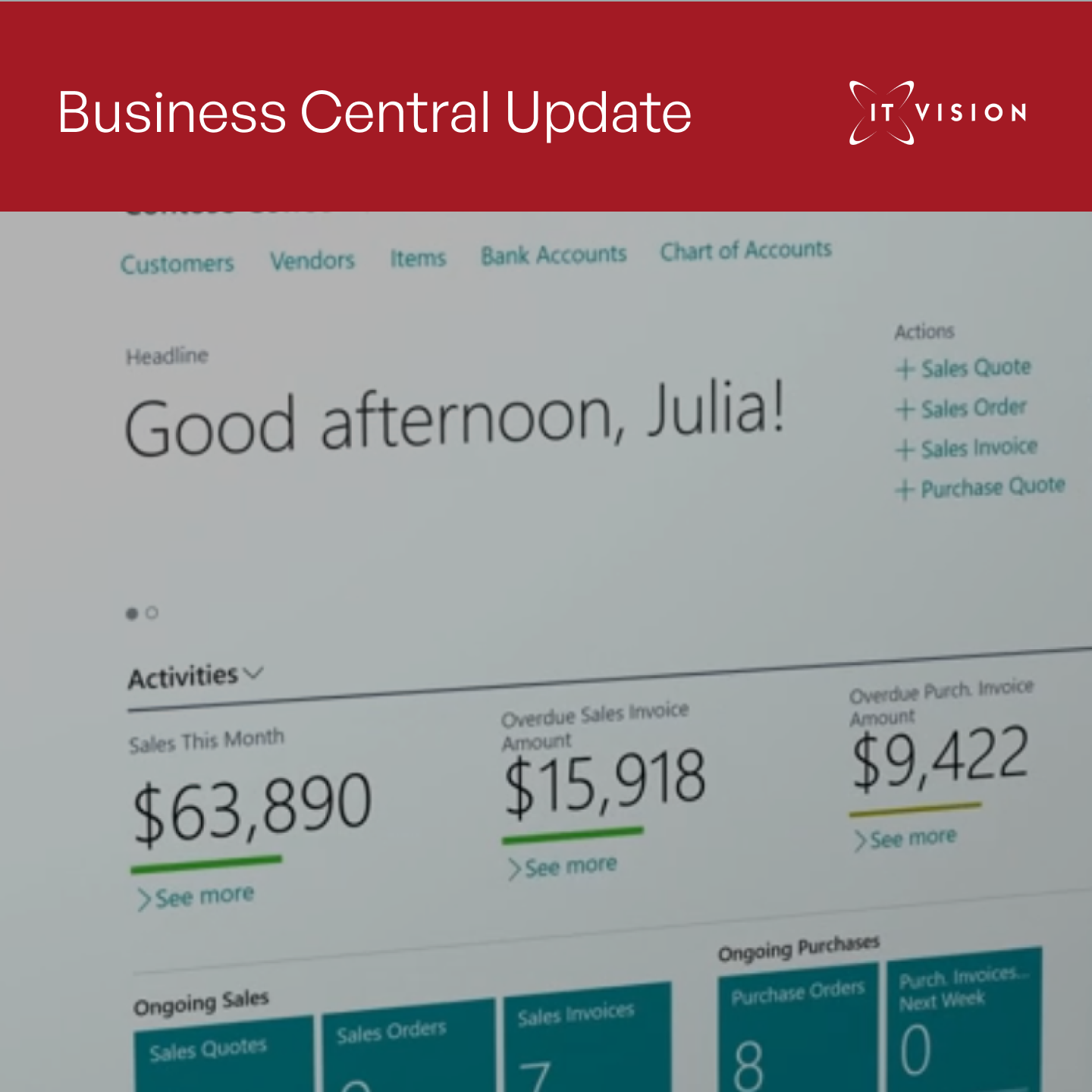
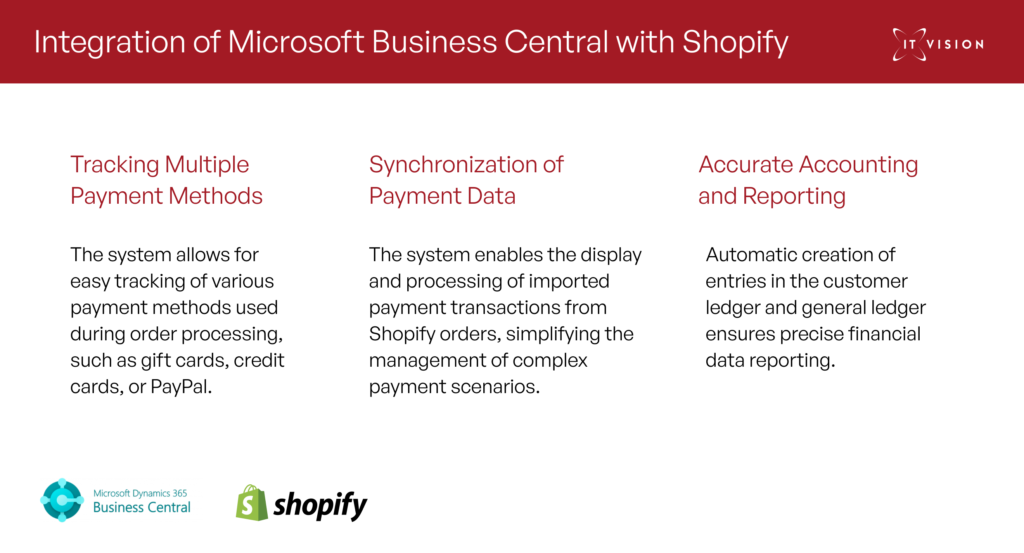

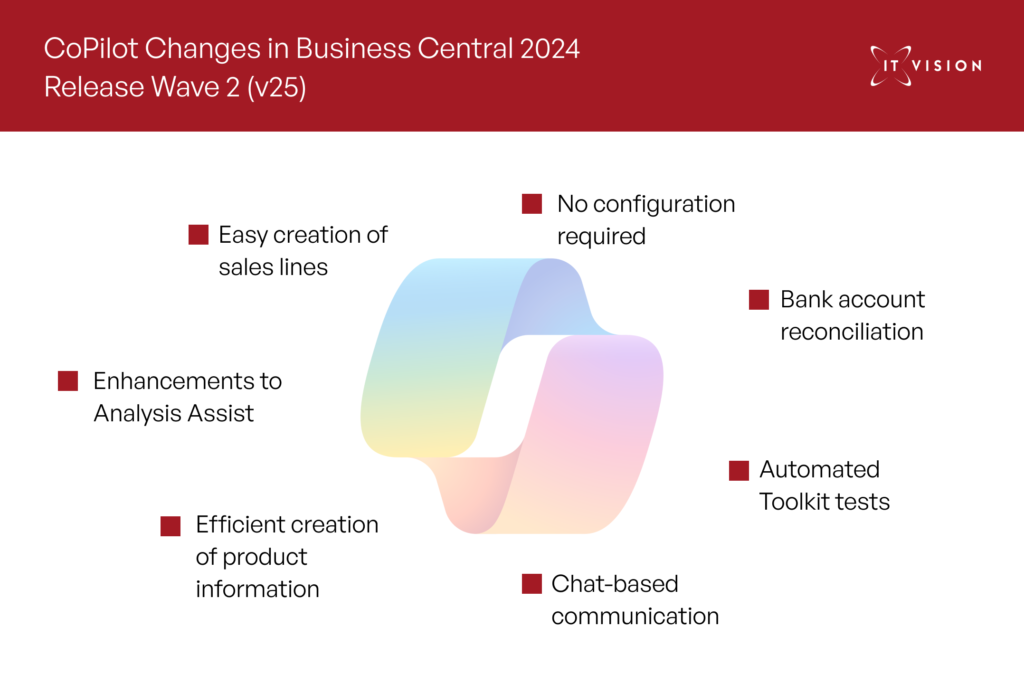
 No Configuration Needed!
No Configuration Needed!